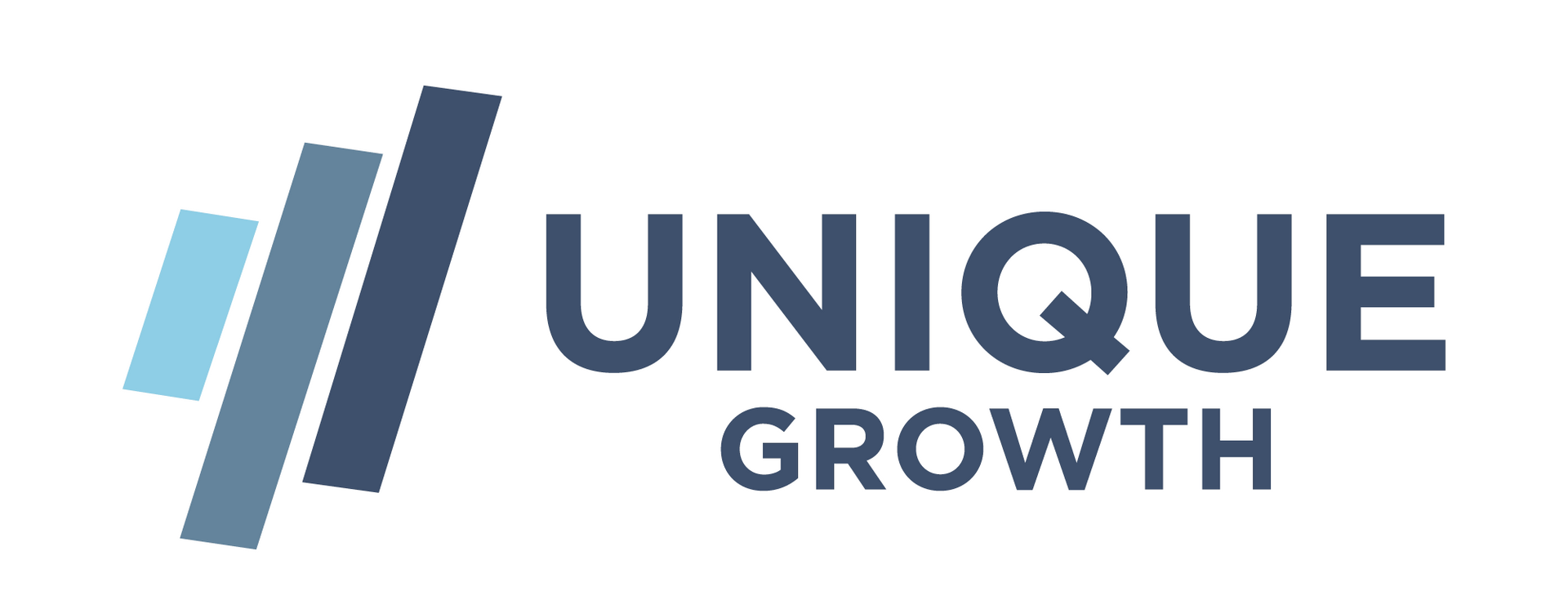The Rare Retirement Plans Every Business Owner Should Know About
Introduction
As a business owner, planning for your retirement isn't just about the future—it's about making smart, strategic decisions today that will set you up for long-term success. While most people are familiar with traditional 401K plans, there are lesser-known retirement strategies that can offer significant advantages. These rare options can provide greater flexibility, higher contributions, and tailored benefits that are perfectly suited for business owners looking to maximize their savings and secure their financial future.
Why Aren't More Business Owners Using These Rare Retirement Plans?
When it comes to retirement planning, many business owners stick with the familiar options—like standard 401K plans—simply because they’re unaware of the alternatives. But what if there were options that could better align with your business’s financial situation and offer you more control over your retirement savings? These rare retirement plans aren’t just for the savvy few—they’re available to any business owner who knows where to look.
Unique Retirement Strategies You Should Consider
1. Profit-Sharing Plans: Turn Your Business Success Into Retirement Wealth
Overview: Profit-sharing plans allow you to share a portion of your business’s profits with your employees through contributions to their retirement accounts—including your own. The amount you contribute can vary from year to year, depending on your business’s profitability.
Advantages: These plans offer flexibility in contribution amounts, making them ideal for businesses with fluctuating profits. When your business has a strong financial year, you can make larger contributions, significantly boosting your retirement savings.
Disadvantages: The variability of contributions can make long-term retirement planning more challenging. In years when profits are lower, you may contribute less, which could impact your overall savings growth.
2. Defined Benefit Plans: Guarantee Your Future Income
Overview: Defined benefit plans, also known as pension plans, guarantee a specific payout at retirement, regardless of market performance. These plans are particularly advantageous for business owners who want to ensure a stable, predictable income in retirement.
Advantages: With higher contribution limits than other retirement plans, defined benefit plans allow you to accumulate significant savings. The guaranteed income provides peace of mind, knowing you’ll have a steady stream of funds in retirement.
Disadvantages: These plans can be costly to maintain, especially for small businesses, and they require consistent contributions. The administrative complexity and costs are also higher compared to simpler plans.
3. Cash Balance Plans: The Hybrid Solution for Maximizing Contributions
Overview: Cash balance plans combine elements of both defined benefit plans and traditional 401Ks, offering a hybrid approach that provides the security of guaranteed returns with the flexibility of individual account balances.
Advantages: These plans allow for higher contribution limits, particularly for older business owners looking to catch up on their retirement savings. The predictable, guaranteed returns make them an attractive option for those seeking stability in their retirement planning.
Disadvantages: Cash balance plans require more complex administration and higher costs compared to other retirement plans. They also require careful management to stay compliant with IRS regulations.
Final Thoughts: Is One of These Rare Retirement Plans Right for You?
Choosing the right retirement plan is crucial for ensuring your financial security in retirement. Here’s how you can decide which plan might be best for you:
Assess Your Financial Goals: What are your retirement income needs? Consider how each plan aligns with your long-term financial goals.
Evaluate Your Business’s Financial Health: If your business experiences significant profit fluctuations, a profit-sharing plan might offer the flexibility you need. For more stable income, a defined benefit or cash balance plan could be more suitable.
Consider Tax Implications: Each of these plans offers different tax benefits. Evaluate how they can help reduce your taxable income now while building your retirement savings for the future.
By exploring these rare retirement plans, you might find that one of them is the key to maximizing your savings and ensuring a secure financial future.
How Unique Growth Can Help
At Unique Growth, we specialize in helping business owners discover and implement the best retirement strategies for their unique needs. Whether you’re interested in a profit-sharing plan, a defined benefit plan, or a cash balance plan, our experts can guide you through the process and help you make the most of your retirement savings. To learn more, visit us at www.uniquegrowth.org.










